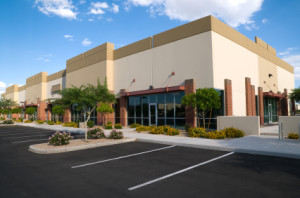When to Consider Bankruptcy for a Business
Business Bankruptcy

Sometimes, through no fault of their own, business owners find themselves overburdened by debt. Bankruptcy professionals tend to define struggling businesses in terms of insolvency. Broadly speaking, there are two types of insolvency, cash flow insolvency and balance sheet insolvency. Cash flow insolvency occurs when the business is not making enough money to service the debt payments and pay the ongoing expenses. Balance sheet insolvency occurs when the amount of debt exceeds the value of the assets. In either case, one of the biggest mistakes a business can make is to wait too long to talk to an attorney about options.
It is a common misconception that the business should exhaust all of its financial options before filing for bankruptcy or that bankruptcy is only for businesses that have already failed. Instead, a good attorney can help turn a business around and resolve both balance sheet insolvency and cash flow insolvency. In fact, the primary purpose of a business bankruptcy is to help an insolvent business become solvent and profitable in the future.
Turning a business around is much easier to accomplish if the company still has some remaining assets, especially cash. Bankruptcy attorneys refer to the cash reserve as a “war chest.” These are the funds that can be used to pay professionals and to continue the operation of the business during the reorganization. If all of the liquid assets of the business have already been dissipated, the chance of a successful reorganization is greatly diminished. Just like a doctor cannot save a patient who is already dead, a bankruptcy attorney cannot turn around a business that has already exhausted all of its financial resources.
Talk To A Bankruptcy Attorney
Even if the business is simply going to be liquidated in a bankruptcy, it is important to talk to a bankruptcy attorney as soon as possible. There are many provisions of the bankruptcy code that are not intuitive, and that can have significant impacts on the owners of the business. For example, if not done correctly, property transferred by the business up to two years prior to the filing of the bankruptcy case may be recovered for the benefit of the company’s creditors. Again, a good bankruptcy attorney can help guide the company’s decisions to ensure an orderly closure of the business without long lasting negative impacts for the principals.
Therefore, if the business is overburdened by debt, or its assets are heavily leveraged, do not wait to talk to a lawyer. Most attorneys will offer at a free initial consultation, and prompt action can help turn a business around or help protect the owner if there is going to be a liquidation.
